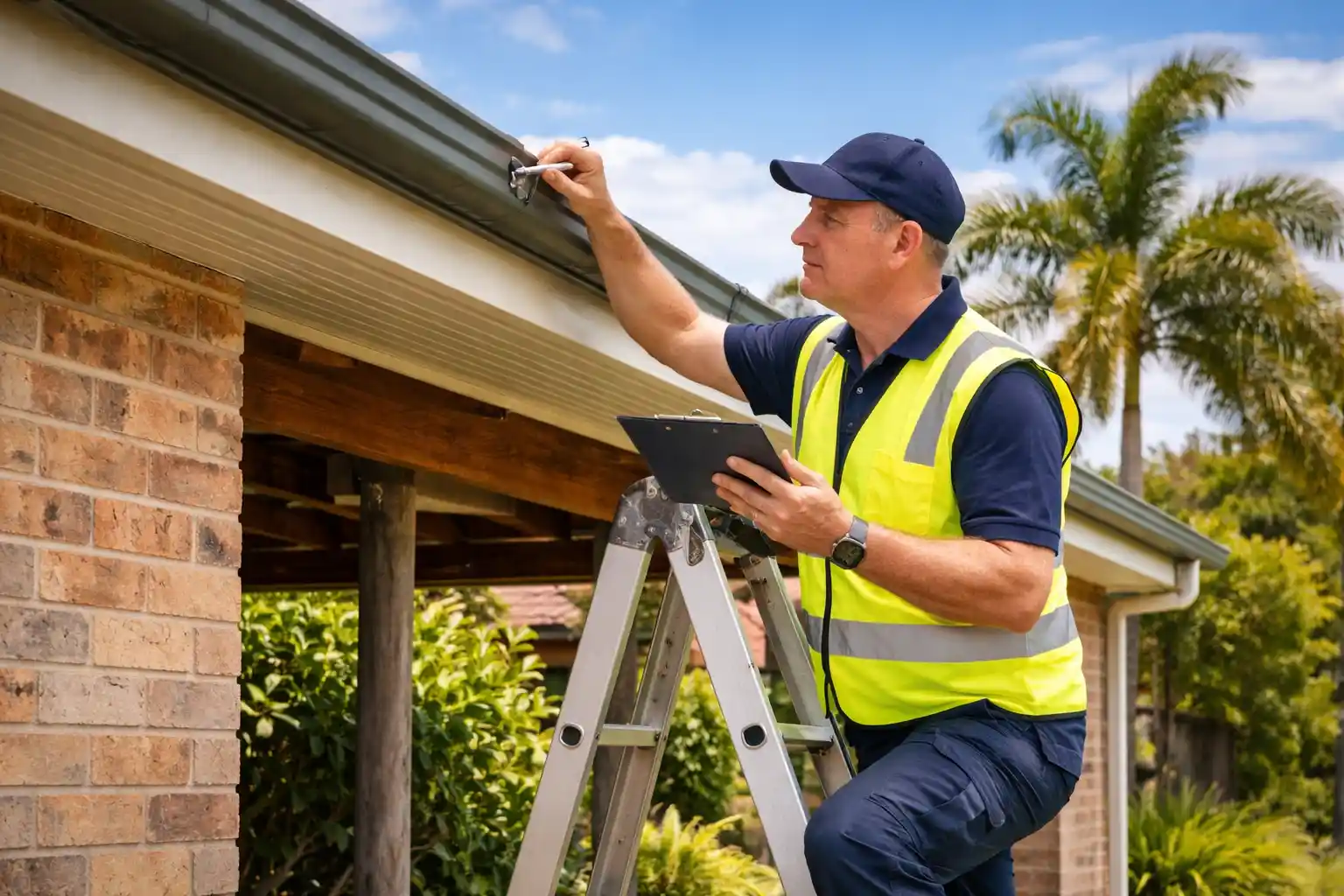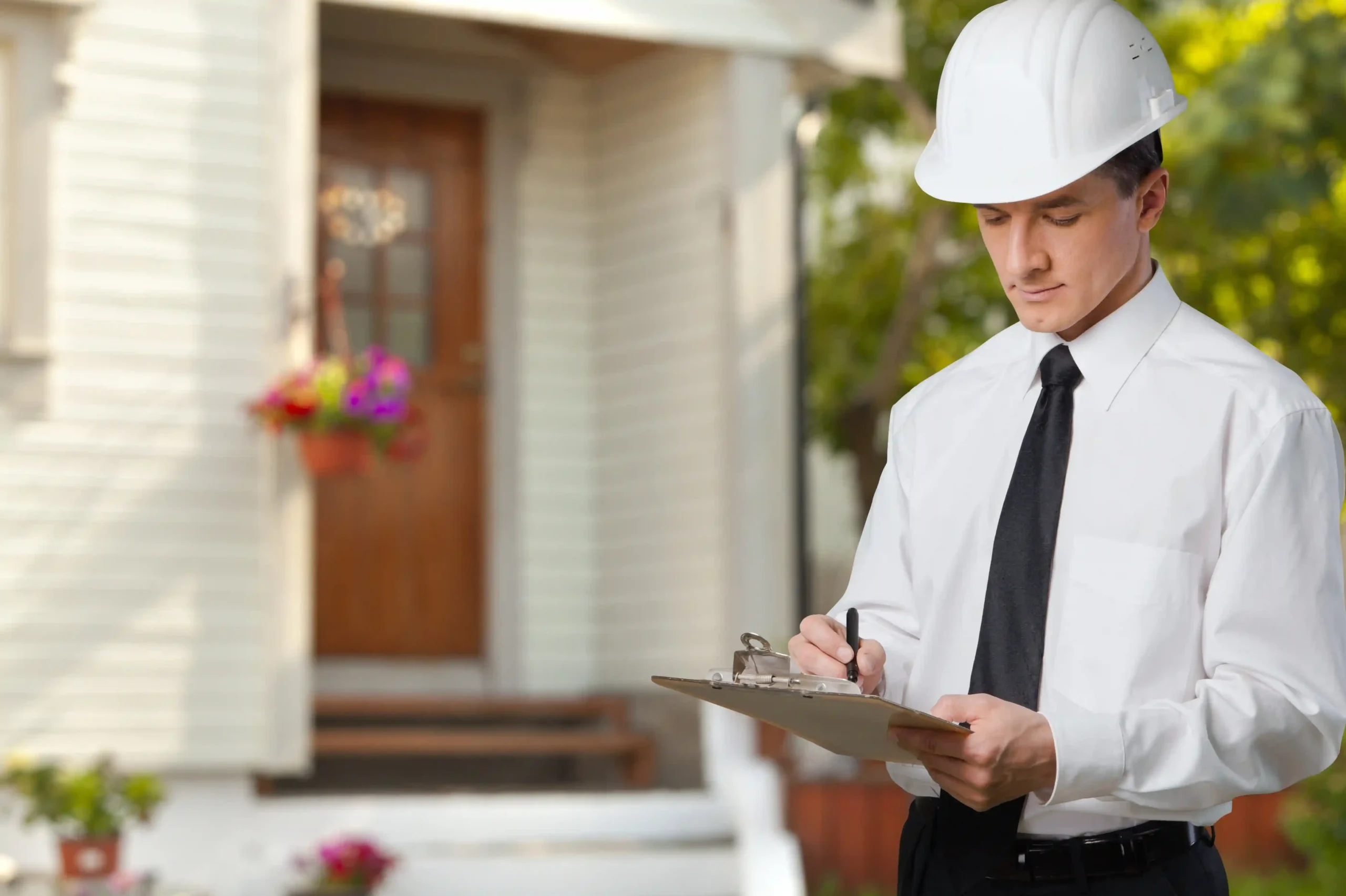Investing in property is a major life decision. Whether you’re buying, selling, or maintaining a building, ensuring its structural integrity is non-negotiable. In Rockhampton, where environmental conditions like soil movement, humidity, and storms play a significant role, having a Structural Building Inspection is crucial. It gives property owners the confidence and insight needed to make informed, financially sound decisions.
This article explores the value of Structural Building Inspections in Rockhampton, what they include, who should get them, and how they benefit both residential and commercial property stakeholders.
What Is a Structural Building Inspection?
A Structural Building Inspection is a comprehensive visual and technical assessment of a property’s foundational elements. These inspections typically focus on key structural components such as:
-
Foundations and footings
-
Retaining walls
-
Load-bearing walls and beams
-
Roofing structures
-
Flooring systems
-
Visible signs of subsidence or movement
-
Cracks and deformations
-
Moisture ingress and damage
Structural inspections are not just visual assessments—they rely on engineering principles and local environmental data to identify risks. According to the Australian Building Codes Board, maintaining structural compliance is essential for ensuring building safety and performance under Australian standards.
Unlike general building inspections, which may cover cosmetic defects, structural inspections specifically assess the physical integrity and safety of the structure. They are carried out by qualified professionals, often structural engineers or licensed building inspectors, who have the training to detect issues that might not be visible to the untrained eye.
Why Rockhampton Properties Need Structural Inspections
1. Tropical Climate Risks
Rockhampton experiences a tropical climate, which includes heavy rainfall, extreme heat, and high humidity. These conditions can weaken building materials over time, leading to issues such as rusting steel reinforcements, swelling timber, and moisture intrusion in critical structural areas. A Structural Building Inspection helps detect such vulnerabilities before they evolve into significant problems.
2. Reactive Soil Zones
Much of Rockhampton is built on reactive clay soils. These types of soils expand during the wet season and shrink during dry spells, often causing movement in the foundations of buildings. This movement can lead to uneven floors, cracked walls, and structural stress. Regular inspections ensure such conditions are monitored and addressed appropriately.
3. Termite Activity
Subtropical climates like Rockhampton’s are ideal for termite colonies. Termites can cause extensive damage to timber framing and other structural components before homeowners even notice a problem. A Structural Building Inspection can catch early signs of termite activity, helping prevent severe damage and costly repairs.
4. Flood-Prone Areas
Certain areas in Rockhampton are more vulnerable to flooding. Buildings exposed to repeated water ingress may experience foundation weakening, rusted support systems, and mold—posing risks to structural health. Inspection reports can help you understand if a property has been affected by past floods and what that means for its long-term safety.
When to Get a Structural Building Inspection
A Structural Building Inspection should not be a one-time event. There are specific scenarios in which you should prioritize an inspection:
-
Before purchasing a home or commercial property
-
Before selling a property to ensure structural soundness
-
Before starting major renovations or extensions
-
After floods, storms, or seismic activity
-
Periodically for older buildings or those located in high-risk zones
Property owners in Rockhampton should be especially vigilant, given the region’s climate and environmental profile.
The Structural Building Inspection Process
A typical Structural Building Inspection includes several stages designed to provide a comprehensive understanding of a building’s condition:
1. Pre-Inspection Consultation
Before the inspection begins, the inspector will discuss any concerns you have and review building plans, if available. This helps guide the inspection process and identify potential areas of concern.
2. On-Site Visual and Technical Assessment
The inspector will thoroughly examine structural elements, often using tools like moisture meters, spirit levels, and laser leveling devices. The goal is to check alignment, elevation, cracking, and movement within the building’s framework.
3. Photography and Documentation
High-resolution images and detailed notes are recorded throughout the inspection. These become part of the final report, which outlines findings and prioritizes areas that need repair or monitoring.
4. Report Delivery
You’ll receive a comprehensive written report that includes observations, conclusions, and recommendations. These may include suggested remediation steps, specialist referrals, or urgent safety actions.
Key Structural Issues Identified in Rockhampton
Structural issues commonly discovered during inspections in Rockhampton include:
-
Cracks in walls and floors
-
Roof sagging or leaking
-
Structural timber decay due to termites or moisture
-
Subsidence or uneven foundations
-
Rusting of steel supports in coastal or flood-prone areas
-
Mold and mildew affecting framing and interior walls
Identifying these problems early is essential for maintaining a safe and habitable structure, as well as preserving the long-term value of the property.
Benefits of Structural Building Inspections
1. Avoiding Expensive Surprises
The cost of repairing serious structural damage can easily run into the tens of thousands. A Structural Building Inspection helps you uncover hidden issues early, saving money on emergency repairs or renovations.
2. Enhancing Property Value
If you’re preparing to sell, presenting a clean bill of structural health gives buyers confidence and may help you achieve a better sale price. For buyers, having inspection documentation can justify pricing negotiations and long-term investment decisions.
3. Peace of Mind
Knowing your property is structurally sound brings peace of mind. You’re less likely to experience sudden failures or unexpected safety risks when your property is regularly and professionally assessed.
4. Compliance and Insurance
Some insurance policies require regular structural assessments, especially in high-risk zones. Ensuring your property passes inspection can help with claims and compliance.
Choosing the Right Inspector in Rockhampton
Finding the right professional to conduct your Structural Building Inspection is just as important as the inspection itself. When choosing an inspector, look for:
-
Licensing and accreditation with relevant Australian industry bodies
-
Local experience dealing with Rockhampton soil, climate, and construction styles
-
Clear, detailed reporting with photos and actionable recommendations
-
Independent operation to avoid conflicts of interest
-
Strong reputation through customer reviews and referrals
You want someone who understands the regional context and can provide honest, accurate assessments tailored to Rockhampton’s specific conditions.
Structural Inspections for Commercial Properties
While residential inspections are common, commercial properties also greatly benefit from periodic Structural Building Inspections. Warehouses, office buildings, and retail stores often bear higher loads and more traffic, increasing wear on their structural systems.
For business owners, inspections also play a role in workplace safety and can be an asset in risk management, lease negotiations, and investment decisions.
Preventive vs Reactive Inspections
Too often, inspections are only arranged after a visible problem occurs. This reactive approach can be costly. Instead, Rockhampton property owners are encouraged to adopt a preventive inspection mindset.
Scheduling routine Structural Building Inspections—even when everything seems fine—can help catch subtle issues like moisture ingress, soil movement, or minor shifts in alignment before they become serious.
Protect Property Value with Inspections
A property may appear solid on the surface but still have hidden weaknesses that threaten safety and value. In Rockhampton, where the environment poses ongoing structural risks, regular Structural Building Inspections are an essential tool for both residential and commercial property owners.
Don’t leave structural issues to chance. Engage with a qualified, local inspector who understands the unique conditions in Rockhampton and can provide tailored, actionable advice.
Need a Structural Building Inspection? Let’s Talk
Contact C&W Services today to schedule your Structural Building Inspection in Rockhampton and ensure your property is safe, sound, and investment-ready.



